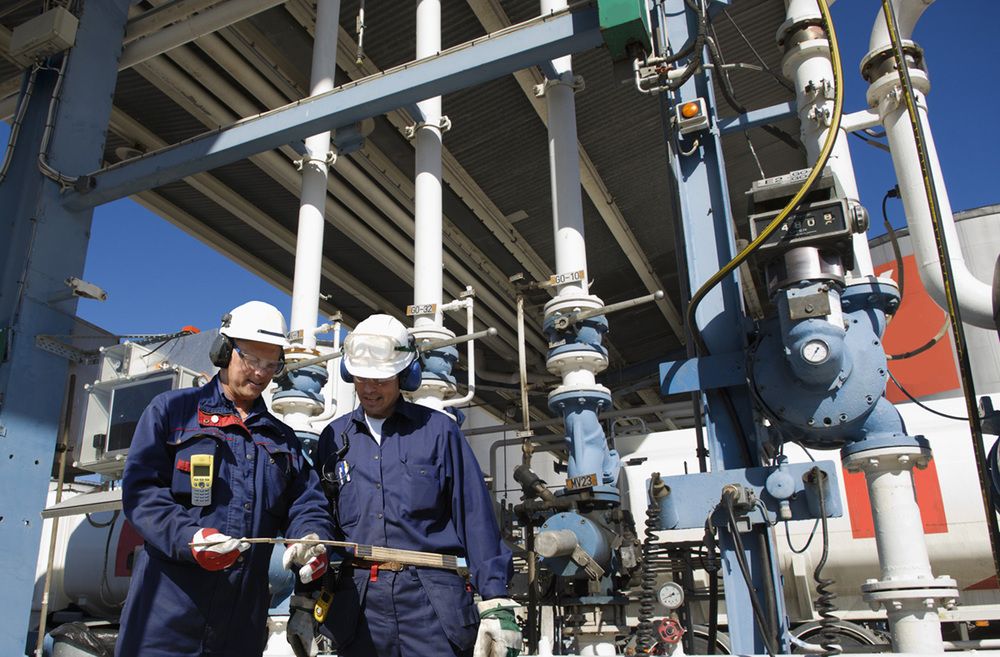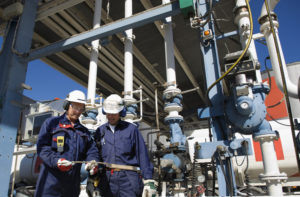Integration of Human Factors in Preparation for Safety Case


The need for increased safety levels in the industry is seen through the recent introduction of a set of Major Hazards Installations (MHI) Regulations under the Workplace Safety and Health Act. The core feature of the MHI Regulations is the Safety Case Regime where the submission of a safety case is compulsory.
A safety case is a structured argument produced by an MHI operator, which:
- Identifies the hazards and risks that may lead to a major accident
- Describes how the risks are controlled
- Describes the safety management system in place to ensure controls are applied in a consistent and effective manner; and
- Demonstrates that all major accident risks have are As Low As Reasonably Practicable (ALARP).
Technical Aspects of Safety Case
Key regulatory requirements for Safety Case include the technical aspects. The technical aspects take into consideration measures MHIs have put in place to prevent or mitigate against major accident hazards and to limit their consequences to people and the environment. A safety case also must be able to demonstrate that all major accidents risks have been reduced to ALARP.
There are 4 criteria related to technical aspects that authorities look for during the safety case assessment:
- Process safety. This domain aims to ensure that suitable process safety techniques are included in the design and operations. For example, were the hazard identification studies carried out adequate? Were inherent safety design principles considered before prevention and mitigation strategies?
- Mechanical engineering. The mechanical engineering assessment looks for a demonstration of adequate mechanical integrity, within the design and ongoing operations.
- Human factors require a demonstration that measures have been taken to prevent foreseeable human errors.
- Electrical Control and Instrumentation (EC&I).One of the key goals of the EC&I assessment is to ensure the Safety Instrumented Systems protecting the MHI meet functional safety standards.
Human Factors Aspect in Safety Case
Part of the safety case assessment include showing that measures have been taken to prevent foreseeable human failures that could lead to major accidents. As safety measures improve, there is a significance increase in the role human factors play in producing these reports. Hence, more human factors analysis are conducted and recent studies show that there is a better management of the risk of human failures, with consequent improvements in safety and reductions in losses.
The safety case should be able to demonstrate that systems are in place to managing human performance based on a thorough understanding of human reliability and where the site is vulnerable to human failure. Examples include:
- Identify all safety and environmentally critical tasks at the site, and specifically those which could initiate, prevent, control or mitigate the representative set of major accident scenarios;
- Analyse the tasks for the potential for human failure;
- Identify appropriate risk control measures matched to the type of human failure and implement them;
- Identify any performance influencing factors and introduce measures to optimise performance
Human Factors Engineering for Oil & Gas is a 2-day training course held from 22 – 24 October 2018 (Singapore), where delegates will be introduced to contemporary thinking related to Applied Human Factors and Safety in Design and illustrate, through numerous examples, why it’s critical to incorporate HFE into your own projects. The ideas you develop in this course will help you understand how design decisions affect human performance and ultimately operational performance. Case studies will be used with a detailed first-hand experience of how HFE was applied within real projects, to demonstrate the flexibility of the HFE processes to fit them to real work. For more information, please contact us at info@opuskinetic.com.
Interested to read other articles on Human Factors Engineering? Check out: Increasing Role of Human Factors in Safety Management
Opus Kinetic believes that people are why organisations are successful, and giving people the knowledge to perform well at their job is integral for success. We pride ourselves as the premier provider of knowledge, offering acclaimed in-house trainings, and many others professional training courses spanning from various industries. Our training courses are well researched and updated with the latest industry trends. For more information on our professional training programs, visit us at http://www.opuskinetic.com/training.
